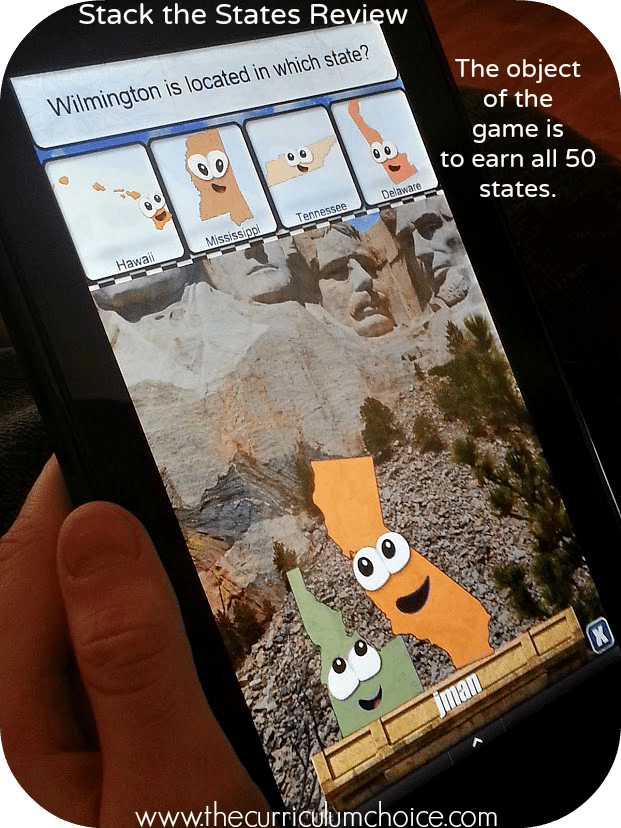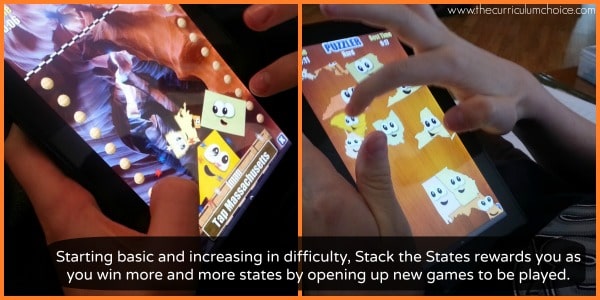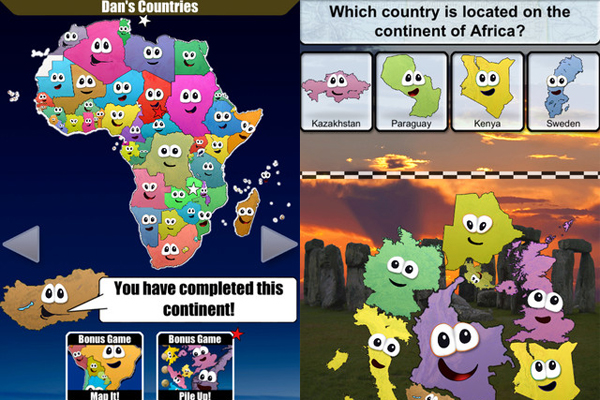
This overwrite is possible because of a call to the gets() function, which does not perform bounds checking on the input from the user. The call chain shows 42’s as the return pointer. The backtrace command (bt) shows the call chain pointing into an address in main().Īfter the overwrite, the Return Pointer was overwritten with our arbitrary B’s (ASCII hex value 42, as shown on Figure 2). Before the overwrite (green arrows), it is pointing into the main() function just after the call to askUser(). The double arrows in Figure 2 indicate the position of the Return Pointer on the stack. As this input is read through the vulnerable gets() function, a large input can overwrite the Return Pointer on the stack. In the example of Figure 1 and 2, a buffer of 28 bytes is foreseen for the second input from the user.

Overwriting only the Saved Frame Pointer can also lead to an exploitable condition. For the purposes of this article, we will not discuss the Saved Frame Pointer (SFP), which serves to restore the Base Pointer (EBP) to the calling function’s stack frame. Figure 1 and 2 display this in the Gnu Debugger (GDB). If a user inputs more characters than the buffer can contain (in this case 100), the gets() function will keep on writing outside name’s memory space. Arrows indicate Return Pointer before and after overwrite. The stack before and after the write to the vulnerable buffer. The two rectangles indicate the breakpoints for the next figure. The vulnerable function in the GNU Debugger (GDB). The read() function takes a size as argument, but does not check if this size corresponds to the size of the buffer where the data is written to. Functions such as gets() and strcpy() do not perform any bounds checking during their operation. Such overwrites are possible when a library function called inside askUser() does not perform correct bounds checking, often in string operations. If an attacker can overwrite this Return Pointer, they can redirect the execution flow of the program, often to a location the attacker desires.
Stack the states free coputer 32 bit#
When the return (RET) instruction is called at the end of askUser(), the return pointer will be popped off the stack and placed into the instruction pointer (EIP in 32 bit architecture). When a function is called in a compiled binary (see line 2), the address of the next instruction inside main() will first be pushed onto the stack. The main() function calls askUser(), which in turn has a local variable called name of size 100 into which a user input is being read through gets().

This is a simple C program that has a main() function and an askUser() function. The functionality of the program is not important, we are mainly interested in the execution flow in memory. This class of attacks makes use of unsafe functions (usually in C or C++) that allow writing of arbitrary content outside a designated area of memory.Ĭonsider the following snippets of code. Prelim – buffer overflowsīefore we discuss stack canaries, we must first introduce buffer overflows.

For this article, we will be using a simple C program on a 32 bit Linux system.
Stack the states free coputer 64 Bit#
We will be looking at 32 and 64 bit binaries, assembly (though no fluency is expected), /GS.

Their presence makes exploitation of such vulnerabilities more difficult. If an incorrect canary is detected during certain stages of the execution flow, such as right before a return (RET), the program will be terminated. Stack canaries or security cookies are tell-tale values added to binaries during compilation to protect critical stack values like the Return Pointer against buffer overflow attacks. Immediately apply the skills and techniques learned in SANS courses, ranges, and summits


 0 kommentar(er)
0 kommentar(er)
